Critical perception cannot be imposed
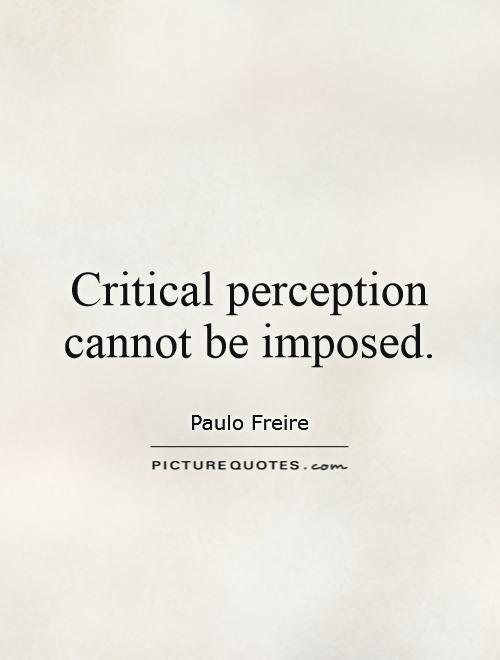
Critical perception cannot be imposed
Paulo Freire, a Brazilian educator and philosopher, is best known for his work on critical pedagogy and the concept of conscientization. Central to Freire's philosophy is the idea that individuals must critically perceive and analyze the world around them in order to transform it. In this context, the notion that critical perception cannot be imposed is a fundamental aspect of Freire's teachings.Critical perception, as defined by Freire, is the ability to question and challenge the dominant narratives and power structures that shape society. It involves a deep understanding of the social, political, and economic forces that influence our lives, as well as a willingness to engage in dialogue and reflection with others. Critical perception is not something that can be taught or imposed from the outside; rather, it must be cultivated through a process of self-discovery and self-reflection.
Freire believed that education should be a liberating force that empowers individuals to think critically and act autonomously. He argued that traditional forms of education, which rely on rote memorization and passive learning, serve to reinforce existing power dynamics and perpetuate social inequality. In contrast, Freire advocated for a pedagogy of liberation that encourages students to question, challenge, and transform the world around them.
In the context of Freire's philosophy, the idea that critical perception cannot be imposed is essential. True critical perception cannot be forced upon individuals through lectures, textbooks, or exams. Instead, it must be nurtured through a process of dialogue, reflection, and praxis. Students must be actively engaged in their own learning, encouraged to question and challenge the status quo, and empowered to take action to create a more just and equitable society.
Freire's concept of conscientization, or critical consciousness, is closely related to the idea of critical perception. Conscientization involves becoming aware of the social, political, and economic forces that shape our lives, as well as recognizing our own agency and ability to effect change. Like critical perception, conscientization cannot be imposed from the outside; it must be developed through a process of dialogue, reflection, and action.
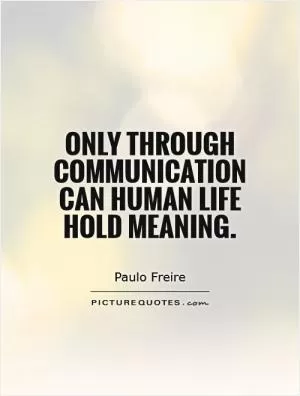

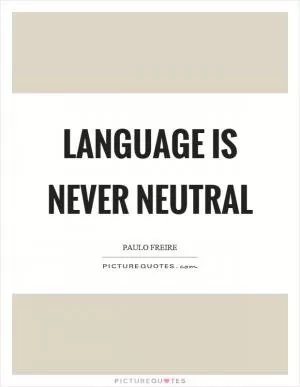
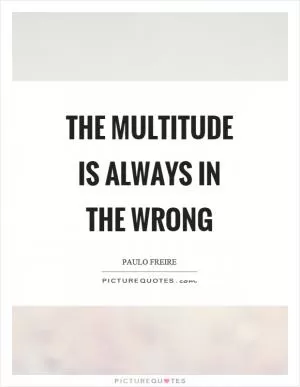
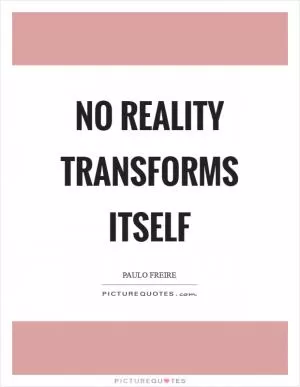

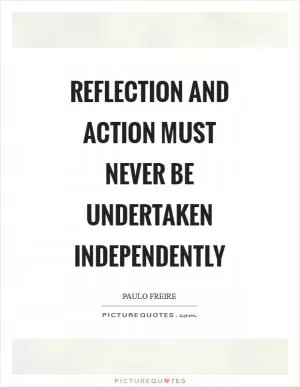
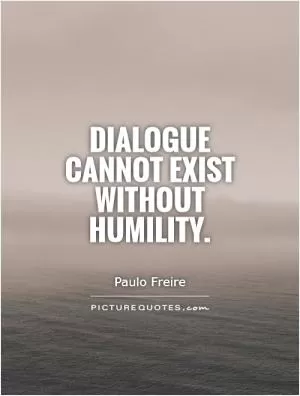
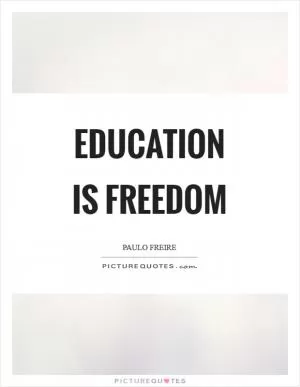
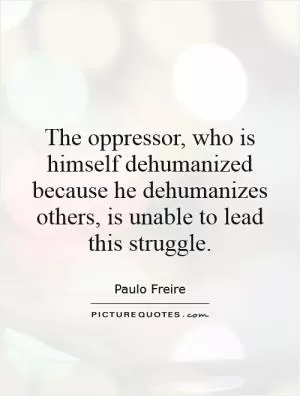
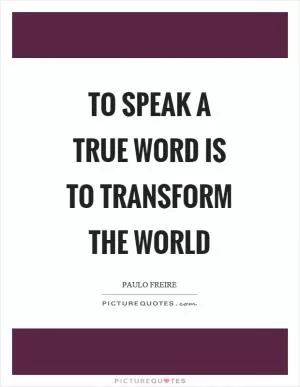

 Friendship Quotes
Friendship Quotes Love Quotes
Love Quotes Life Quotes
Life Quotes Funny Quotes
Funny Quotes Motivational Quotes
Motivational Quotes Inspirational Quotes
Inspirational Quotes